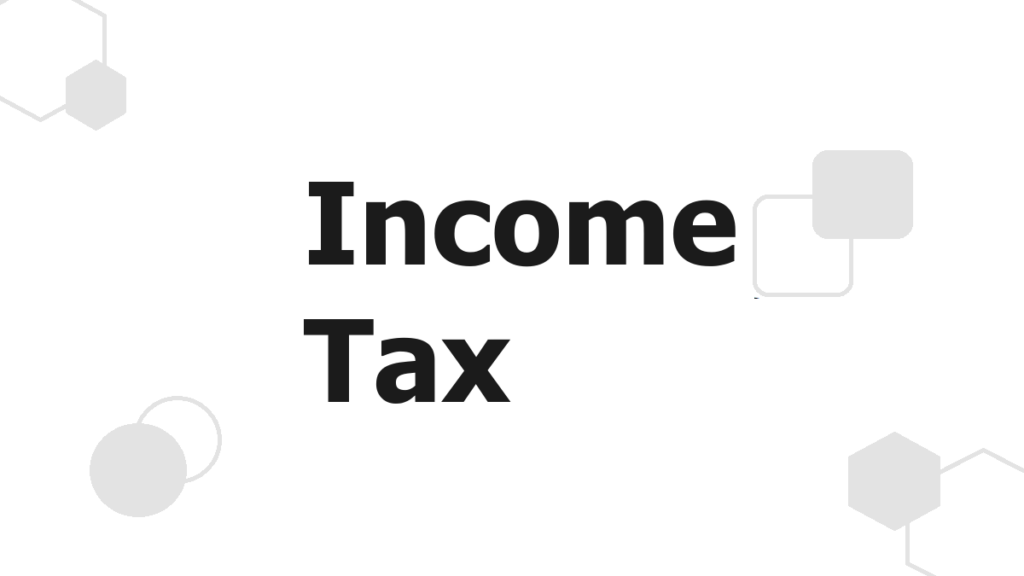Income Tax season can be droubling, but with careful planning and strategy, you can significantly reduce your Income tax burden.
Understanding how to save on taxes not only puts more money in your pocket but also ensures you’re making the most of available opportunities.
Tax saving plans
As the financial year draws to a close, all employees rush for Income tax saving plans.
The number of people rushing to buy equity linked saving schemes, Ulips, LIC, Fixed Deposit (FD), health insurance is a bit more this season.
Tax saving
In fact, Income tax saving should be a part of our overall planning. But we should not invest with the intention of reducing tax.
Moreover, we should start planning at the beginning of the year itself. Be aware that no plan will yield perfect results at the end.
Tax exemptions
So if there is an advance plan even from next year, there is an opportunity to create good wealth and save your money. Let’s look at some of the Income tax exemptions available to us at this time.
10 ways to save Income tax

1. House Rent Allowance (HRA)
To meet the needs of the employee’s home, we consider the accommodation cost given to them by the organization under house rent allowance.
It can be partially or fully exempted. It covers the rent of the house you are currently staying in.
When you have HRA in your salary package, you can claim this while you are still in the old tax regime.
2. Deduction of Home Loan Interest
Interest paid on home loan can be deducted when you take it. Under Section 24B, maximum home loan interest of Rs.2 lakh per annum can be claimed as deduction.
At the same time, under Section 80C, principal amount up to 1.5 lakhs can also be exempted from our taxable amount.
3. Investments in Government Schemes
Investments in Kisan Vikas Patra (KVP), National Savings Certificate (NSC) and Public Provident Fund (PPF) offered by the government can be exempted up to a maximum of Rs 1.50 lakh.
4. Leave Travel Allowance
The expenses incurred by their employees when they travel anywhere in the country can be given under Leave Travel Allowance (LTA).
Excursions by family members along with you are covered. LTA can be claimed for only two journeys in a four-year calendar.
5. Meal coupons
Companies like Sodexo provide meal vouchers to employees. Exemption up to Rs.26,400 per year can be obtained through these.
6. Employees’ Provident Fund
Contributions made by employees towards Employees Provident Fund (EPF) are also partially tax deductible. Under Section 80C, a maximum tax exemption of Rs.1.5 lakh can be availed.
7. Reimbursement of bills
All these can be reimbursed under Employer’s Reimbursement. But these apply to those in sales.
Moreover, depending on the company, it is possible to apply only to mid and senior level management.
8. Children’s Education Allowance
This applies to a maximum of two children. A deduction of Rs.100 per month can be availed for children’s school fees. A deduction of up to Rs.300 can be taken for hostel accommodation.
9. Standard Deduction
Standard Deduction has been reintroduced in the 2018 budget introduced by the central government. A deduction of Rs.50000 can be obtained from the gross salary.
10. Medical Insurance
A medical insurance claim can be made under section 80D. The maximum amount of premium paid for taking the policy can be claimed up to Rs.25000. Also tax benefits can be availed on policies taken for dependent parents.
Conclusion
There are various avenues available for individuals to save on taxes. By leveraging options such as HRA, home loan interest deduction, investments in government schemes, and other allowances like LTA and meal coupons, individuals can significantly reduce their taxable income.
Additionally, contributions to EPF, reimbursement of bills, children’s education allowances, standard deductions, and medical insurance premiums also offer opportunities for tax savings.
It’s essential for individuals to explore these options and make informed decisions to optimize their Income tax savings and maximize their financial well-being.
FAQs
Can I claim House Rent Allowance (HRA) even if I’m in the old tax regime?
Yes, if you receive HRA in your salary package, you can claim it while you are still in the old tax regime.
What is the maximum home loan interest that can be deducted?
Under Section 24B, you can claim a maximum home loan interest of Rs. 2 lakh per annum as deduction.
Which government schemes offer tax exemption on investments?
Investments in Kisan Vikas Patra (KVP), National Savings Certificate (NSC), and Public Provident Fund (PPF) can be exempted up to a maximum of Rs. 1.50 lakh.
How many journeys can be claimed under Leave Travel Allowance (LTA)?
LTA can be claimed for only two journeys in a four-year calendar.
What is the maximum exemption one can get through meal coupons?
Exemption up to Rs. 26,400 per year can be obtained through meal vouchers like Sodexo.
Are EPF contributions tax deductible?
Yes, contributions made by employees towards Employees Provident Fund (EPF) are partially tax deductible under Section 80C.
Who can avail reimbursement of bills under Employer’s Reimbursement?
Reimbursement of bills typically applies to those in sales or mid and senior-level management, depending on the company policy.
How many children can Children’s Education Allowance apply to?
Children’s Education Allowance applies to a maximum of two children.
What is the maximum deduction under Standard Deduction?
A deduction of Rs. 50,000 can be obtained from the gross salary under Standard Deduction.
What is the maximum amount of medical insurance premium that can be claimed?
You can claim a maximum of Rs. 25,000 as a medical insurance premium under Section 80D.